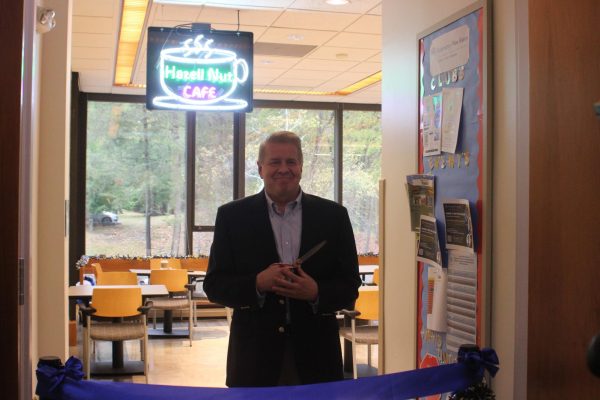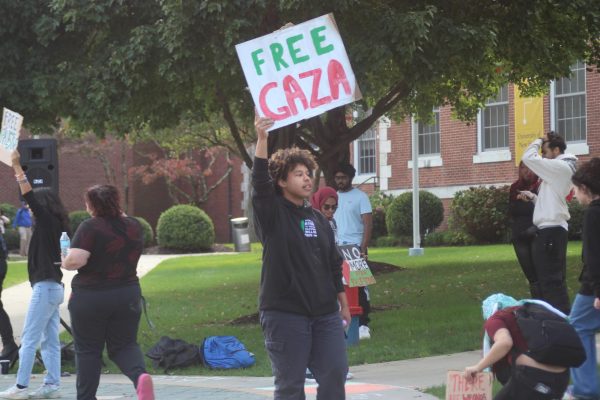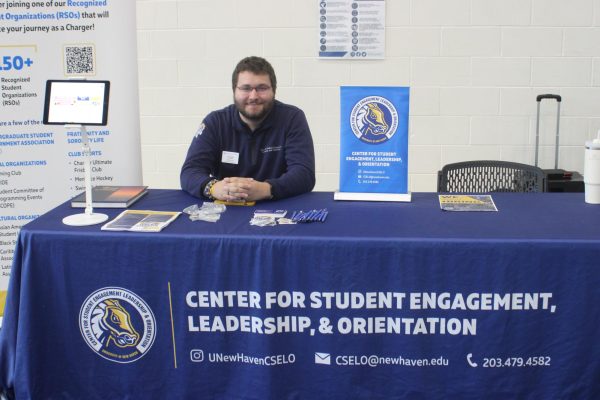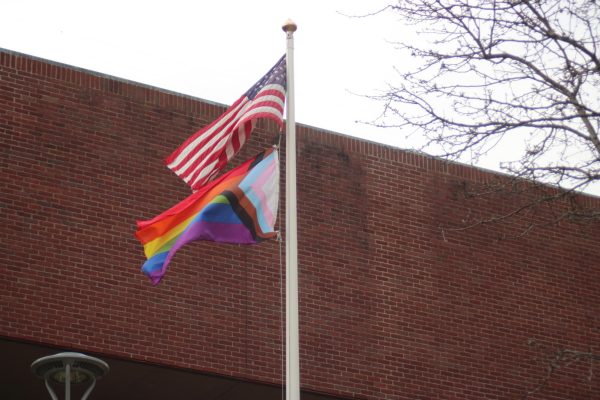Late university psychology professor Dr. Kento Yasuhara leaves community with lasting impacts
Dr. Kento Yasuhara was a figure within the Department of Psychology whose impact will radiate throughout the community long after his days as a lecturer. In light of his passing on Jan. 11 from a brief illness, members within the university opened up in reflection of the influence he held on their experiences at the University of New Haven.
One of the courses that Dr. Yasuhara taught was Research Methods in Psychology. Presley Hill, a senior studying psychology with a concentration in forensic psychology, commented in reflection of her time under his advisory. “I only had one class with him, but I will say he was one of the best professors I had and I learned so much from him in such a short time. He genuinely cared about his students and truly wanted to see everyone succeed.”
Taylor Bigelow, assistant professor of counseling, spoke in reflection on Dr. Yasuhara, who she remembers as both a mentor and a friend. In regards to his presence within the academic community, Bigelow said that “Dr. Yasuhara cultivated town and gown relationships and community connection by providing psychology student interns internship experiences in the field. In his dual role as professor and clinical psychologist, Dr. Yasuhara fostered student clinical growth as he mentored them as budding clinicians while simultaneously providing quality care to psychotherapy clients in Connecticut. Dr. Yasuhara changed lives for the better, both the lives of his clients in psychological services, and the lives of the students and colleagues he mentored.”
Bigelow also looked back on her personal impacts from and observations of Dr. Yasuhara, in saying “As an early career educator on the tenure track, his guidance and support has been invaluable. What I am most struck by is how vast his impact was. He made a wealth of students, faculty, and staff feel seen, heard, valued, supported, just to sample from the myriad of adjectives that describe the care he provided so many. I am so grateful that life allowed me to be one of the many humans he impacted for the better.”
Dr. Yasuhara was recognized for his successes in the integration of mental health studies and the criminal justice system, and he has written in the Journal of Forensic Psychology Research and Practice and Criminal Justice and Behavior, and has done research at the National institute of Mental Health. His successes as both a clinical and forensic psychologist have made waves in these fields of study.
Since joining the university community back in 2013, he has certainly left his mark on those with whom he has crossed paths.
Dr. Yasuhara is survived by his wife, Clarice, and the rest of his family, who are requesting privacy at this time.
Counseling and Psychological Services is available for anyone seeking grief counseling or someone to talk to, and can be reached at 203-932-7333.
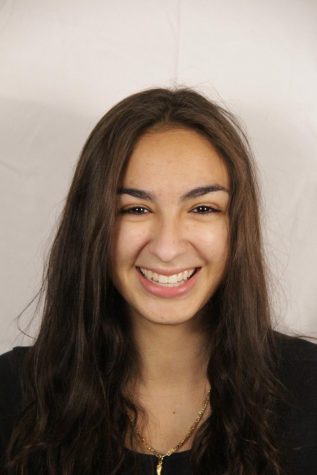
Mia Adduci is a senior studying communication concentrating in multi-platform journalism and media who began writing for the paper her first semester on...



